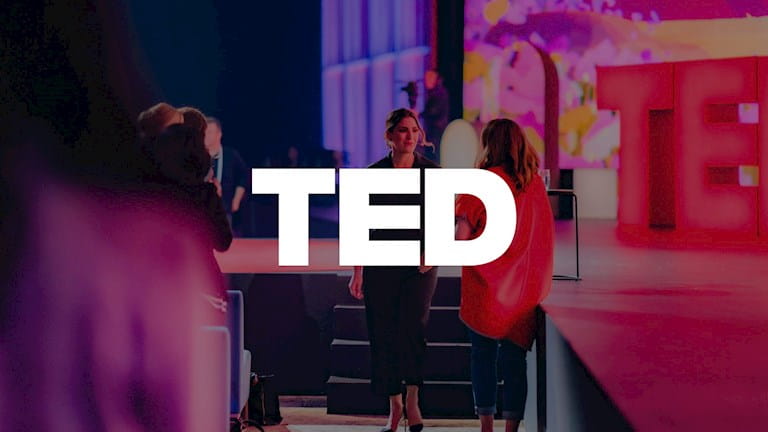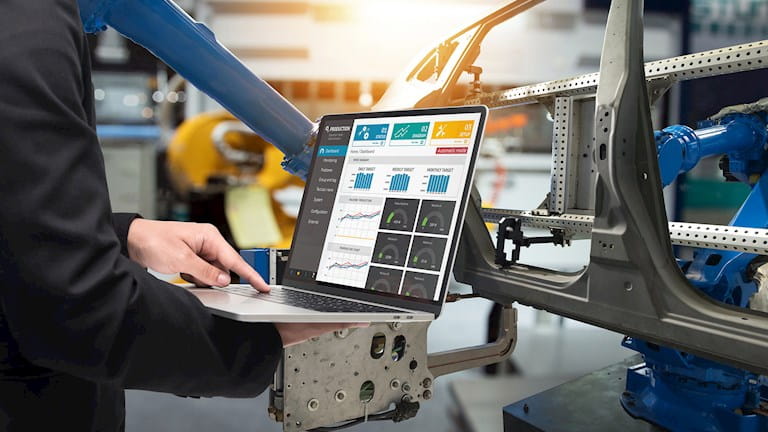Metropolitan Transportation Authority | Pro Bono
Redesigning a process to be more digital and customer-focused benefits all New Yorkers
Our Impact
The Partnership for New York City, with the Transit Innovation Partnership, needed a trusted pro bono partner to improve the way the Metropolitan Transportation Authority (MTA) works with real estate developers interested in building on or near MTA property. As a committed partner in bettering our communities, we were eager to help – and ready with the digital skills to do so.
Together, our team and the MTA initiative, known as the External Partner Program (EPP), assessed the agency’s current processes for submitting and advancing station improvement proposals. Based on this work, the MTA created an entirely new program, bringing together formerly disparate expertise, while simultaneously implementing our recommendations. The newly launched External Partner Program is proving extremely effective: Not only is the agency operating more efficiently, it is strengthening partnerships with the developer community.
1,500
projects submitted through the portal for review
$3M
Increase in recurring project revenue in the year following launch
26
Number of station improvement projects submitted, reviewed, and in various stages of construction
The Full Story
The Challenge
The MTA is North America’s largest transportation network, serving a population of over 15 million people surrounding New York City, Long Island, southeastern New York, and Connecticut. The agency actively engages and incentivizes developers to provide improvements and upgrades to transit stations.
The MTA wanted to make sure that its project application, design review, and construction processes are efficient and easy. This includes:
- Using technology to automate activities and engage real estate developers at all points of the process.
- Establishing clear decision points.
- Providing comprehensive guidelines to ensure quality developer submissions, eliminating redundant reviews that often extended the process by many months.
- Ensuring consistency across scope development, design review, and final inspection comments during the construction process.
There is another important reason for improving the developer experience: Effective partnerships with the private sector are an important contributor to the agency meeting its accessibility goals.
An Undeniably Different Approach
Social responsibility is one of our core values. We make an impact not only through our client work, but also through our work in our communities. We brought the same multidisciplinary skills to this opportunity that we do for any client. We fielded a team with a blend of business process, technology, and customer experience expertise, enabling us to look at the MTA’s goals from multiple perspectives.
We started with a deep dive, holding multiple discussions with MTA employees and interviewing more than 20 development firms, including several of the largest in the country, that had worked with the agency in the past. We documented the process and pain points – many due to highly manual, paper-based activities.
Then, we got to work, collaborating with many MTA employees to re-design the process – from initial project request to final construction inspections – to deliver a more frictionless, digital experience.
Finally, we conducted a “road show” to gain support and approval for the recommendations, not only internally within the MTA but also to confirm that the changes met developers’ needs. This provided the opportunity to discuss and build understanding around the most significant changes.
Project Timeline
- Recommended specialized roles and formal responsibilities that would increase accountability and strengthen decision points. The MTA also published the organization structure on its program website for easier communication.
-
Identified cost mitigation strategies and potential new revenue streams that the MTA could leverage during the development process, based on best practices of other North American transit systems. This included introducing application and review fees based on anticipated complexity to cover the cost of legal evaluation and initial scope development before an agreement is signed.
-
Outlined best-practice digital methods and self-service tools for engaging developers throughout the project lifecycle. These are enhancements the agency could implement alongside its current systems to upgrade internal technology.
-
Provided additional solutions for improving project management, including steps that would provide better visibility into costs and time allocation, allowing MTA’s project managers to monitor progress more effectively. Examples of changes included simplifying invoice templates and billing and instituting job numbers earlier in the process to better track and assign costs.
-
Created a user manual – based on hundreds of specifications and guidelines – that is part of the project kick-off package. Provided upon project application, this high-level guide outlines what to expect at each stage of the process.
Real Results
The process enhancements and technology recommendations developed during this project have had significant impact on the development process and developer experience. Together, they have improved control over project scope, requirements, and specifications and increased the visibility of and access to executive leadership empowered to make decisions. This has reduced project timelines and costs for both the MTA and its development partners.













.png?mw=400&mh=100&iar=0&as=1&hash=A1F176C3AE06078D254DDC8F6E121EFF)

.png?mw=400&mh=100&iar=0&as=1&hash=D7E39DCFC907248E9C3A02B76B50754D)



.png?mw=400&mh=100&iar=0&as=1&hash=887D08C4D8871B81F15E7C5F6EA3E1E4)